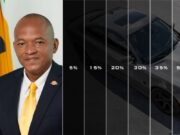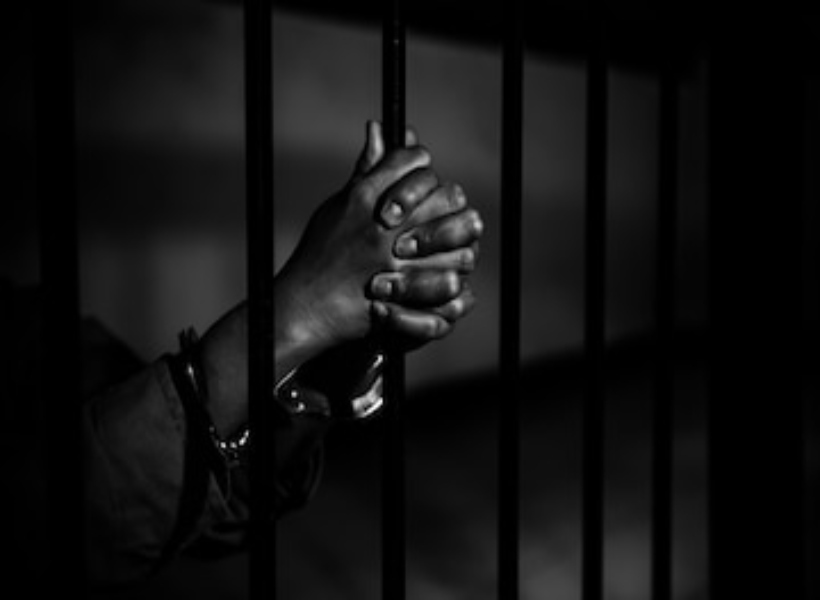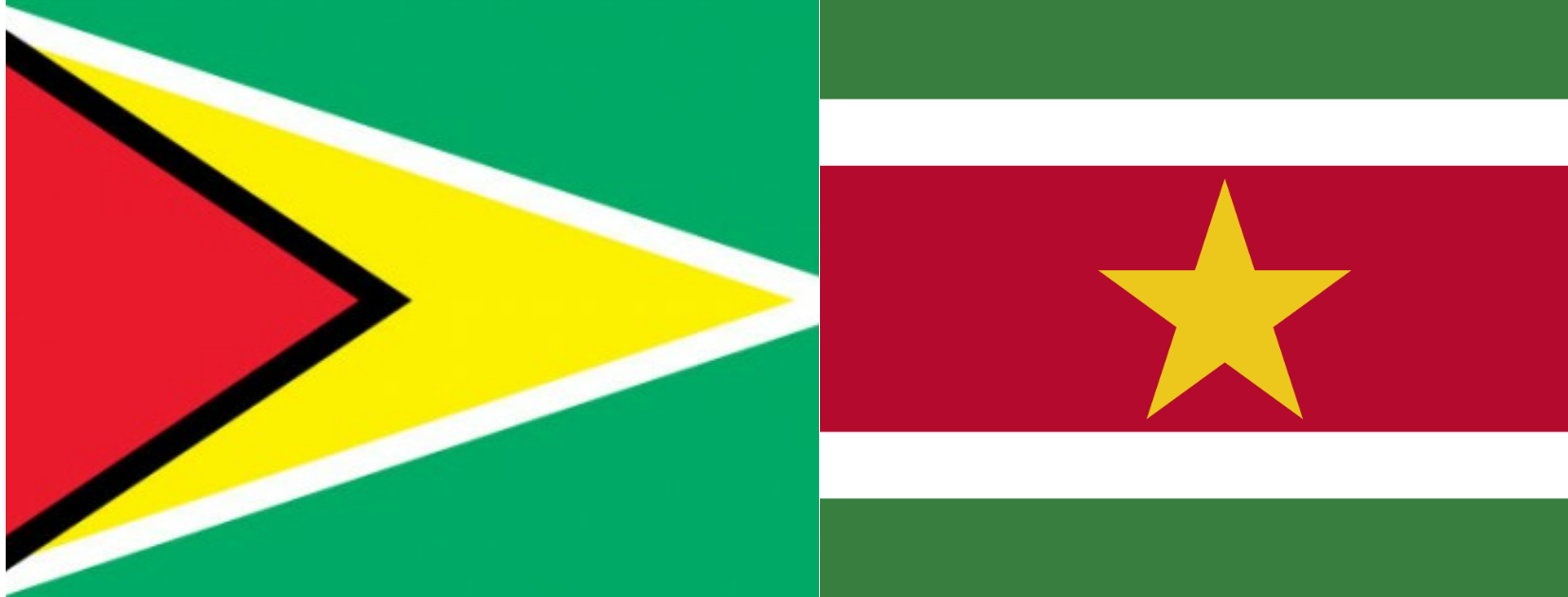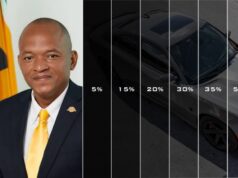By Staff Writer
For the past two months and counting, the spotlight has been on Guyana’s elections, in which citizens cast their ballots on Monday, March 02, 2020. But a winner has not yet been declared by the Guyana Elections Commission (GECOM),which has undertaken to recount all the ballots, as massive accusations of electoral fraud surfaced in certain electoral districts, particularly in the largest, Region 4, which accounts for 285, 618 of the total 667,998 voters.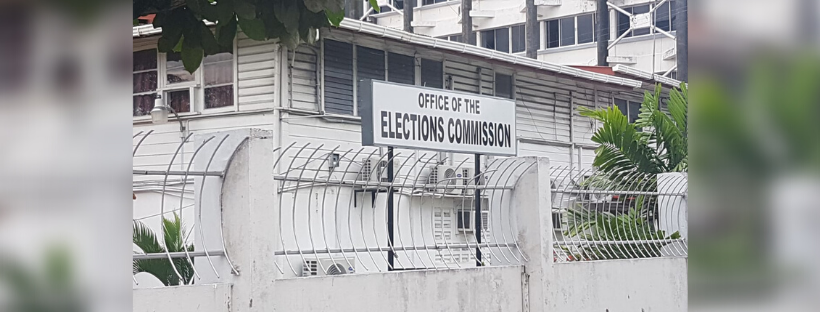
Just like Guyana, its Caribbean Community (CARICOM) counterpart, Suriname elections are crucial. In fact, the Dutch-speaking country heads to the polls on Monday, May 25, 2020 to vote for a President. Despite the COVID-19 pandemic which has seen restrictions on social activities, the electorates of Suriname head to elect a new 51-seat parliament, which will then vote for the country’s Head of State. 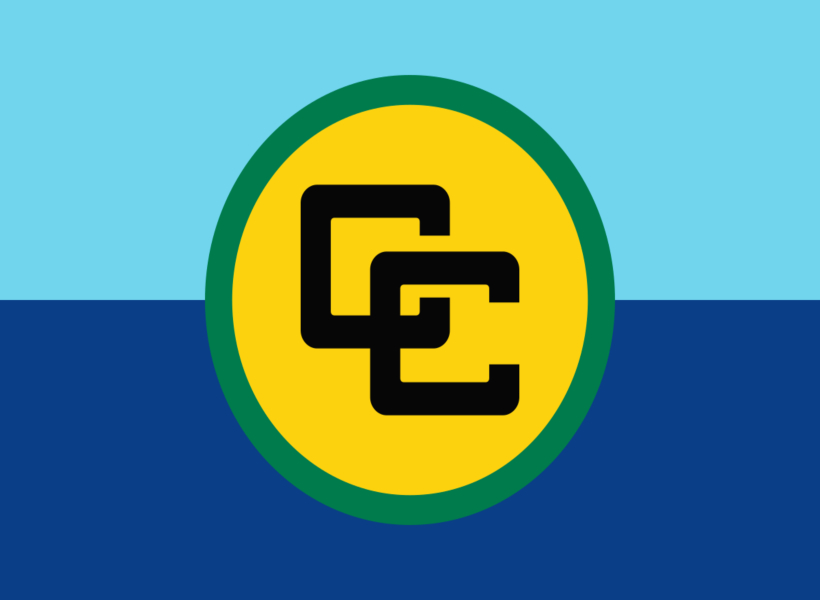
MURDER, DRUG TRAFFICKING CONVICTIONS
The incumbent ruling party, the National Democratic Party and its leader, Desiré Delano Bouterse, is seeking re-election and a third consecutive five-year term. In September, 2019, President Bouterse,74, was sentenced by a Surinamese court to 20 years’ imprisonment for the December 1982 executions of 15 political opponents. He has since given notice to appeal against the conviction and sentence.
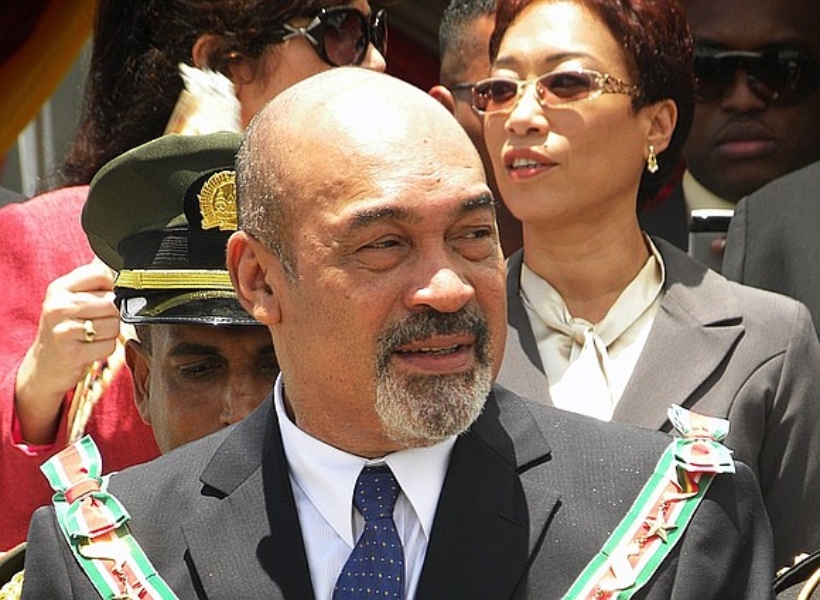
An arrest warrant for his 1999 drug trafficking conviction in The Netherlands is still outstanding. President Bouterse, who went into office in August 2010, is among other things, known for being Suriname’s de facto leader from 1980 to 1987 after conducting a military coup and establishing a period of military rule.
Based on reports, 17 political parties including the main Opposition, Progressive Reform Party, Brotherhood and Unity in Politics and the National Party of Suriname, are up against the National Democratic Party. Suriname, a former Dutch Colony and the smallest country in South America, has a population of half a million.
Already, CARICOM has dispatched an Election Observation Mission (EOM) to Suriname. The four-member team headed by Ms Dora James, the Supervisor of Elections of St. Vincent and the Grenadines on Wednesday paid a courtesy visit to the country’s Minister of Foreign Affairs, Yldiz Pollack-Beighle.
ELECTIONS IN THE COVID-19 PANDEMIC
The CARICOM delegation has already emphasized its importance with regard to the conduct of free and fair election, even more so in the context of the global challenges associated with the COVID-19 pandemic. And according to CARICOM TODAY, Suriname is the first country in the region to organize an election under the current COVID -19 conditions and will therefore serve as a model for the region.
The most recent statistics coming out of Suriname shows that the country recorded 11 positive COVID-19 cases inclusive of a death. Nine of the 10 cases have so far recovered.
‘CARETAKER’ GOV’T AND PAST DUE ELECTIONS
Presently there is a three-member CARICOM team observing the national recount of all ballots cast in Guyana’s elections, which came a year after the President David Granger led coalition administration, A Partnership for National Unity+Alliance for Change (APNU+AFC), was toppled by a no-confidence motion in the 65-member National Assembly on the night of December 21, 2018.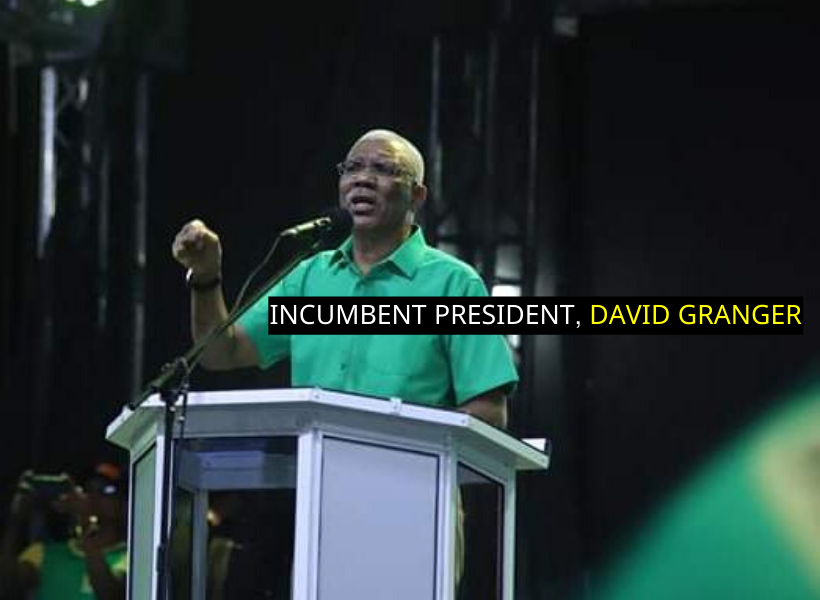
It was one of its own, Charrandass Persaud of the AFC, who voted in favour of the Opposition People’s Progressive Party Civic (PPP/C) sponsored motion.
But the government was adamant to remain in office and challenged the validity of the motion in the courts for months. The case went till the Caribbean Court of Justice (CCJ), the highest court of the land; the government lost its case.
In ruling that the motion was successfully passed, the CCJ dismissed the government’s contention that 34 votes were required.
The CCJ rejected government’s formula which provided that the 65 members of the National Assembly had to be divided by two, which would result in 32.5, but since the .5 represents half and there is no half-member, that number needs to be rounded off to 33, and add one more, making it 34 votes to validly pass the motion –an absolute majority.
The CCJ held that, “The requirement for all the elected members of the National Assembly referred to the total number of votes or seats in the Assembly irrespective of the number of members who actually vote. In determining that the half plus one rule is not applicable, the court determined. Since the National Assembly comprised an odd number of members, (that is 65), when all the members of the National Assembly are present and vote, all that is necessary is clearly in the court’s view, at least 33 votes.”
The CCJ in June 2019, opined that upon being defeated by a no-confidence motion provided for under Article 106 (6) of the Constitution, the APNU+AFC government was reduced to ‘caretaker’ status.
As prescribed by Article 106 (7) of the Constitution, elections were supposed to be held within three months from the successful passage of the motion.
According to Article 106 (6), “The Cabinet including the President shall resign if the Government is defeated by the vote of a majority of all elected members of the National Assembly on a vote of confidence.”
The consequences of Article 106 (6) are laid out in Article 106 (7) which says, “Notwithstanding its defeat, the Government shall remain in office and shall hold an election within three months, or such longer period as the National Assembly shall by resolution supported by not less than two-thirds of the votes of all the elected members of the National Assembly, and shall resign after the President takes the oath of office following the election.”
The delayed elections were blamed on GECOM’s readiness to conduct free, fair and credible elections. At that time too, the CCJ had in June 2019, nullified the appointment of retired Judge James Patterson as Chairman of GECOM. The court, among other things, ruled that his appointment was not in keeping with the provisions of Article 161 (2) of the Constitution.
The regional court held that the unilateral process undertaken by President Granger to appoint Justice Patterson as Chairman of GECOM was flawed and unconstitutional.
In September 2019, President Granger issued a proclamation that General and Regional elections would be held on March 02, 2020; Parliament was dissolved in December of that year.
MOTHER OF ALL ELECTIONS
“On March 2, citizens of Guyana went to the polls for what the country was calling “the mother of all elections”. Every election is important, of course, but this one was deemed especially so because five years ago, Exxon discovered massive amounts of oil off the coast of Guyana…Now this small, poor nation is poised to become a very rich one. And the country’s two major political parties – which are divided largely along ethnic lines – desperately want to control the coming wealth,” writes The Carter Centre.
International election observers were sent from the Commonwealth Secretariat, the European Union (EU), the Organization of American States (OAS), The Carter Centre and CARICOM- they represented over 130 countries. There were also local observers taken from the Private Sector Commission (PSC) and the Bar Association of Guyana, just to name a few.
GECOM Chairperson, Retired Judge Claudette Singh reported that despite a few minor hiccups, election day went smoothly in Guyana. This was supported by the positive reports sent back from the various EOMs. Four days after the elections, nine of the 10 administrative regions had already declared their results with the PPP/C in the lead by over 51,000 votes. 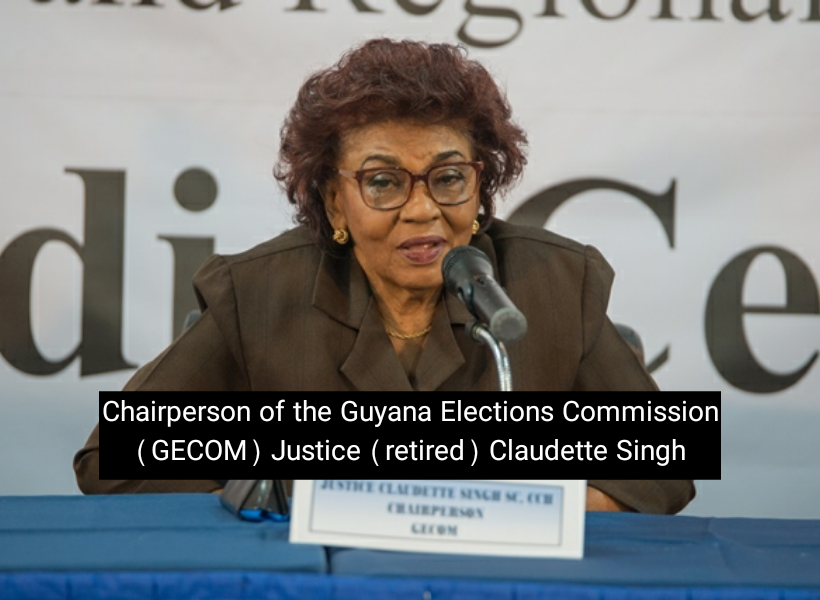
ALLEGED ELECTORAL FRAUD
But things went astray in Region 4, an APNU+AFC stronghold, which houses the country’s capital, Georgetown. Region 4’s Returning Officer, Clairmont Mingo was accused of tabulating votes from a pre-prepared or ‘fake’ spreadsheet from which he thereafter made a declaration.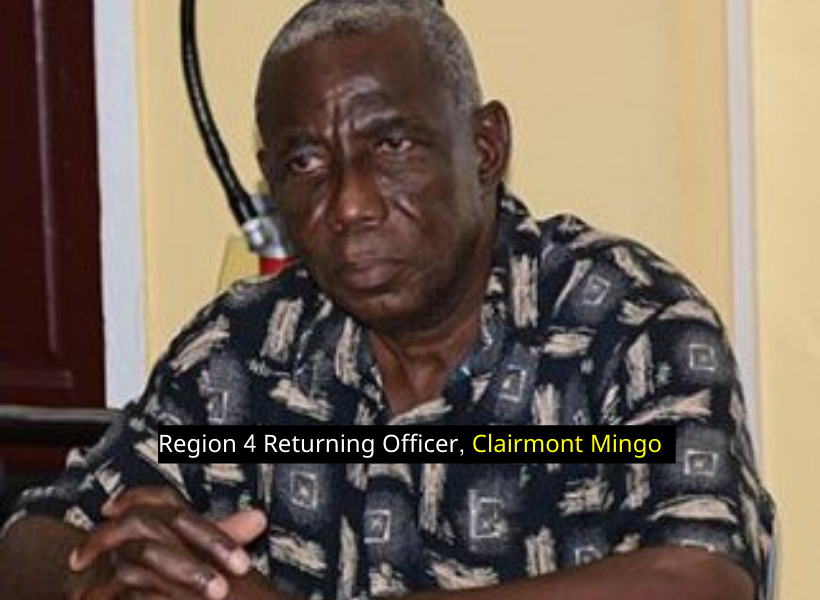
Mingo’s methodology for tabulating the votes was strongly rejected by the Opposition PPP/C, the smaller political parties, and international and domestic election observers.
Subsequently, results were released by GECOM showing that the APNU+AFC had won by 59,077 votes, which would give them a one-seat majority in the National Assembly.
This did not go down lightly with the PPP/C and others as they accused Mingo of manipulating the votes.
Heavy criticism erupted from both local and international observers and from the smaller political parties which contested the elections, with respect to the credibility of Mingo’s numbers.
This led to chaos at GECOM’s Command Centre at Hadfield and High Streets, Georgetown which also housed the office of the Returning Officer for Region 4.
During the tabulation process, Mingo did not only refuse to show observers how he arrived at those figures, he also complained of feeling unwell and had to be rushed to the hospital.
The United State of America, Great Britain, Canada and the European Union, collectively known as the ABCEU countries, would then later issue a joint statement questioning the credibility of those results declared by Mingo. The statements of the ABCEU countries and those of local observers were all consistent- the results declared by Mingo lacked transparency and credibility.
The PPP/C then moved to the High Court where it challenged the legality of the first declaration by Mingo. The party was also able to secure an injunction stopping GECOM from declaring the overall results for the elections using Mingo’s declaration.
On March 11, in one of several court orders, Chief Justice Roxane George nullified the declaration made by Mingo in respect to votes obtained by political parties in electoral district 4.
In making the declaration, the Chief Justice held that Mingo fell into “serious non compliance” with Section 84 of the Representation of the People Act. His declaration was hereby set aside and vacated by the court which made it null, void and of no legal effect.
As a second tabulation process was started for Region 4, Mingo was again accused of following an unlawful methodology for tabulating votes, even after being given specific instructions in that regard from the Chief Justice.
In light of this, Contempt of Court proceedings were brought against Mingo.
AGREE TO RECOUNT
Incumbent President Granger and Leader of the Opposition, Bharrat Jagdeo and GECOM would later agree to have a national recount of all ballots cast in the elections, so as to resolve the electoral impasse.
They also agreed that a high-level team from CARICOM would supervise the process. The agreement received the blessings of CARICOM Chairperson and Prime Minister of Barbados, Mia Mottley.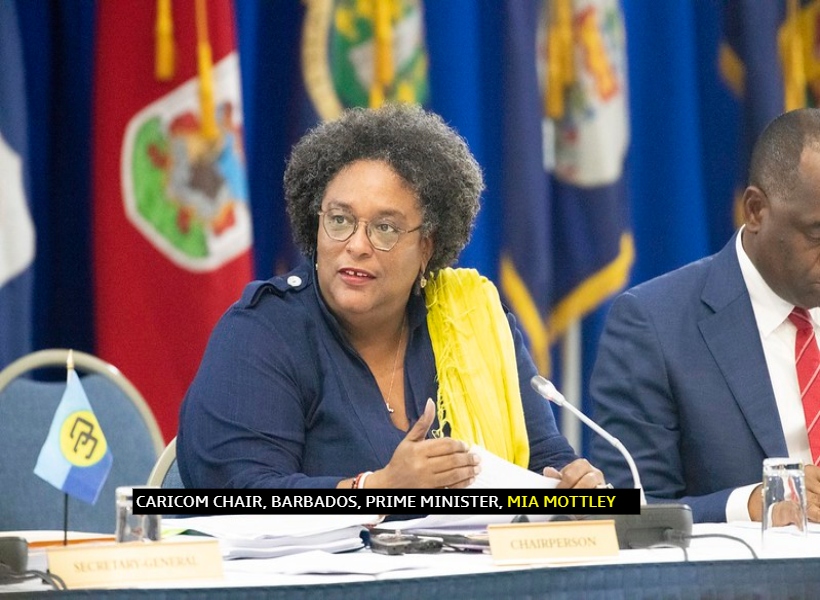
However, APNU+AFC Candidate, Ulita Moore, moved to the High Court and was granted an injunction stopping GECOM from conducting a national recount of all votes. The injunction was discharged by the Full Court on March 31. The Court of Appeal would later rule that GECOM cannot relinquish its supervisory role over the election to the CARICOM team; that would be unlawful, Justice of Appeal Dawn Gregory held.
There were several other court cases, but none of magnitude as Moore’s. For instance, the Leader of the Opposition also filed a case in which he asked the court to compel Chief Elections Officer (CEO), Keith Lowenfield, to release the Statements of Poll (SoPs) in his possession.
The High Court, however, held it had no jurisdiction to hear such an application.
At this juncture and even before, the diplomatic community particularly those from the ABCEU countries warned that Guyana could face serious consequences should a government be sworn in based on non-credible election results. Following the ruling of the Court of Appeal, GECOM invited back the CARICOM team to Guyana to ‘observe’ the recount process for which an Order was prepared and gazetted.
The delegation includes: Senior Lecturer at University of the West Indies, Cynthia Barrow-Giles; Supervisor of Electoral Commission of St. Vincent and the Grenadines, Sylvester King and Commissioner at Electoral Commission of Antigua and Barbuda, John Jarvis.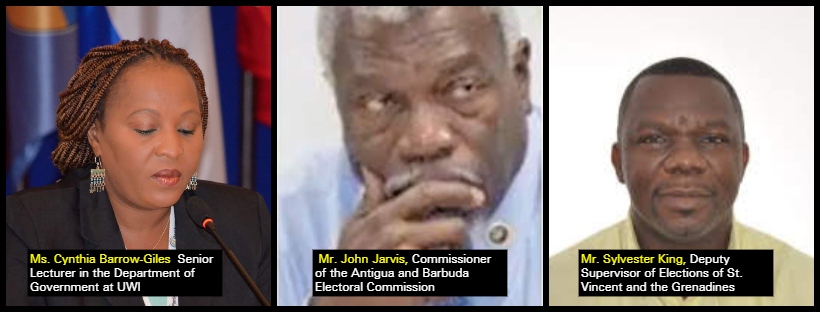
The Order states that the recount exercise shall commence on Wednesday, May 06, 2020, and proceed continuously for 25 days inclusive of weekends and holidays. The exercise is ongoing at the Arthur Chung Conference Centre under strict adherence to COVID-19 precautionary measures issued by the Ministry of Public Health.
There are 10 workstations being used to count the ballots; GECOM has since sought permission from the COVID-19 Task Force to add at least two more. The counting process for the ballots is being audio streamed by GECOM on its website and social media platforms. The electoral body has committed to audio-video streaming for the tabulation process.
The recount process has been going very smoothly. Notwithstanding this, there have been accusations of dead people and migrants out of Guyana voting in PPP/C strongholds being levelled by APNU+AFC members; Opposition party members have alleged that Mingo stole not hundreds, but thousands of their votes and gave it to the APNU+AFC, just to name a few.
BOTH DECLARING VICTORY
Both major political parties, APNU+AFC and the PPP/C are declaring victory in an unresolved electoral process marred with controversy that originated in alleged fraudulent declarations by Mingo.
Following his declaration, there were reports of plans being made to swear in President Granger for a second term in office, despite GECOM not declaring a winner.
The PPP/C has also begun referring to its Presidential Candidate Dr. Irfaan Ali, as ‘President Elect’ and ‘President-in-waiting’; nevertheless, there is the possibility that he could become the country’s ninth President.
Now that the recount is in full swing and Mingo has been removed, both parties are adamant that they will emerge victorious.
As recently as Wednesday, President Granger said he was confident of the coalition’s ability to win, but not by a landslide given Guyana’s complex social structure. He signalled the government’s intention of pursuing a form of inclusionary government.
“Even as the new government coming in, I am very mindful of the fact that the mode of the Guyanese people is really a result oriented mode, especially the younger generation. They are not going to treat lightly with incompetence, they are not going to treat lightly with failures. So more and more I think we will move to a system that is results oriented and results rewarding. So that is where I think the political system will emerge, Dr. Ali said during a recent interview with the News Room.
Guyanese and the rest of the world await the outcome of this electoral process, which is perhaps the longest in the country’s history.
Everyone is hopeful that Guyana resolves its elections soon so as to focus on the COVID-19 pandemic for which positive cases have surpassed one hundred and continue to climb; 10 deaths have been recorded.
